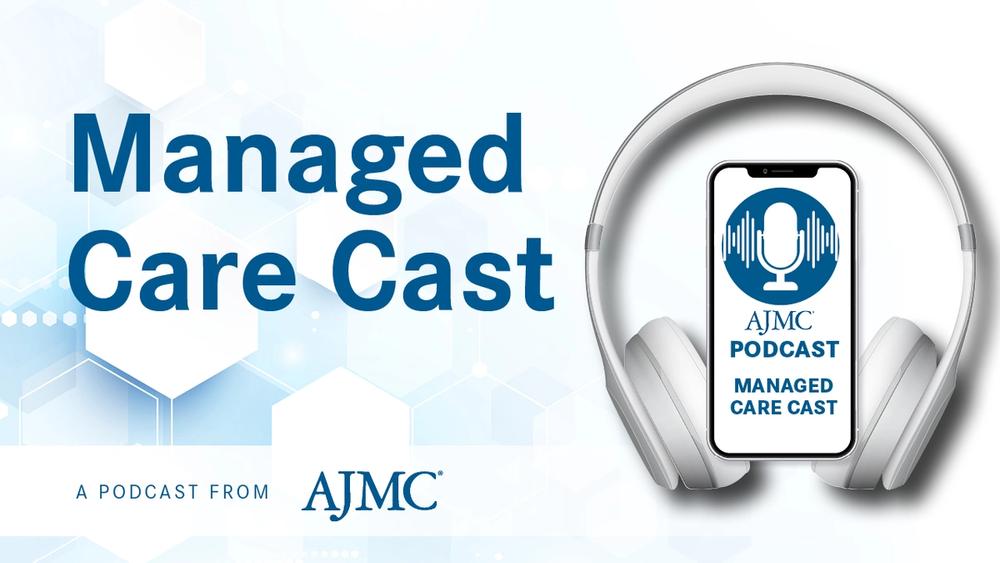News
Article
PrEP Curriculum Varies in Family Medicine Clerkship
Author(s):
Family medicine clerkships in medical school were found to have varying degrees of curriculum dedicated to pre-exposure prophylaxis (PrEP) based on the expertise or judgement of the faculty.
Educating family medicine students about pre-exposure prophylaxis (PrEP) during their clerkship had varying degrees of extensiveness due to faculty judgement on the importance of PrEP in the curriculum as well as the expertise of the faculty, according to a study published in Family Medicine. Educational content might be able to mitigate the inequality in PrEP education.
HIV affects more than 1 million people aged 13 years or older who live in the United States, with PrEP recommended to treat those at an increased risk of infection with HIV. However, only 30% of all patients who had indications for PrEP in 2021 were prescribed the medication. Insufficient knowledge of PrEP has been found to be a significant factor for why physicians do not prescribe the medication. A 2021 survey found that only 38% of medical schools included training on PrEP. This study aimed to evaluate what the coverage for PrEP education is in clerkships for family medicine.
Pre-Exposure Prophylaxis | Image credit: Orawan - stock.adobe.com

A survey was sent in June 2023 to 163 US directors of medical schools accredited by the Liasion Committee on Medical Education and 16 schools from Canada. Weekly reminders were sent to those who had not completed the survey and a request was also sent 2 days before the survey closed. Demographic questions were also asked, including the length and type of clerkship offered. Offerings for PrEP in patients, expertise with PrEP, barriers to including PrEP in the curriculum, the curriculum for PrEP itself, and the willingness to add online modules about PrEP to the curriculum were asked of all directors.
There were 87 directors who completed the survey. The participants were primarily women (59.8%) and White (70.1%) and almost all directors identified as non-Hispanic (97.7%). The clerkships included were primarily block only (73.6%) and could be completed in 4 (42.2%) or 6 (32.8%) weeks.
The directors reported that more than half of them prescribed PrEP to their patients (60.9%) and 65.5% felt that it was important to include PrEP in curriculum. However, only 34.5% of the clerkships actually included PrEP in the curriculum. Clinical experiences (58.5%) made up the majority of the learning with didactics (17.1%) and both (14.6%) the other forms of education.
Lack of time to teach about PrEP was the most cited barrier to including it in the curriculum (63.5%) and 25.7% reported that other topics were more important to include in the curriculum. A total of 38.9% said that free online modules would allow them to include PrEP in their curriculum. Family medicine clerkships were 1 of the most cited places where medical students should learn about PrEP (40.5%) along with family medicine residencies (42.9%). PrEP was more likely to be included in the curriculum if the clerkship director reported prescribing PrEP for their own patients.
There were some limitations to this study. This study may have been susceptible to response bias with more than 40% of the directors who were reached out not responding to the survey. Clinical preceptors could also provide hands-on experience with PrEP that wasn’t covered in this survey. Clinical directors could have perceived education about PrEP differently, with some thinking only about the medication vs a more comprehensive treatment.
The researchers concluded that barriers to teaching PrEP during clerkships for family medicine were highlighted and how many directors included PrEP in their programs. The researchers suggested further research on how free online modules could help to improve PrEP education in this group.
Reference
Sonoda K, Everard KM. HIV pre-exposure prophylaxis education in family medicine: a CERA study. Fam Med. Published online March 15, 2024. doi:10.22454/FamMed.2024.720928





